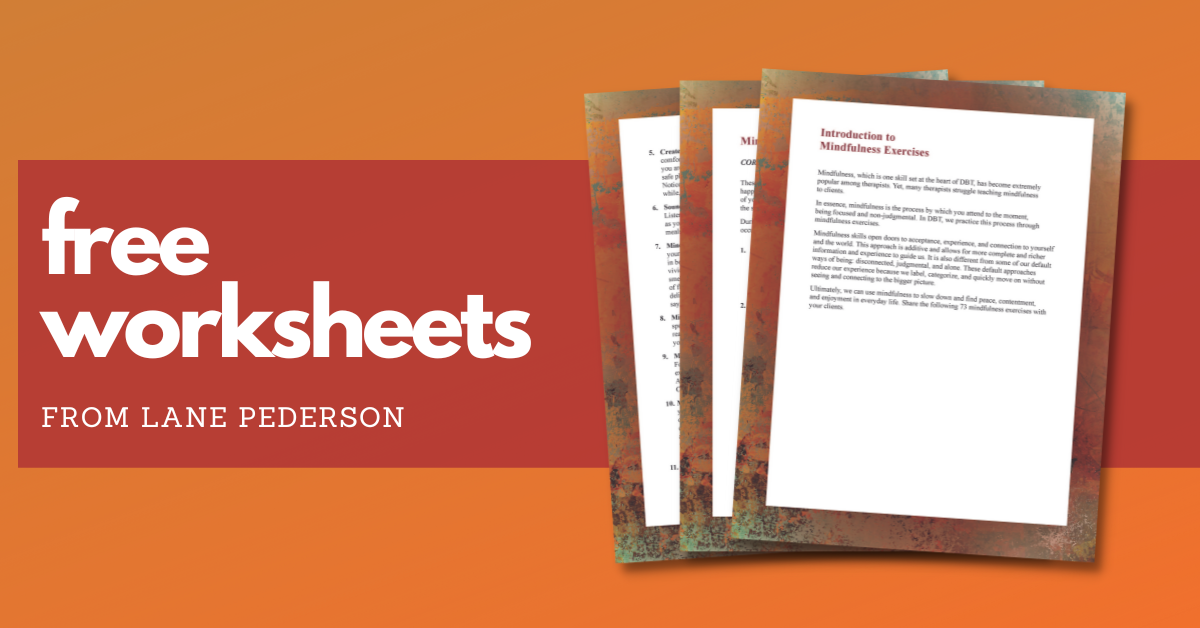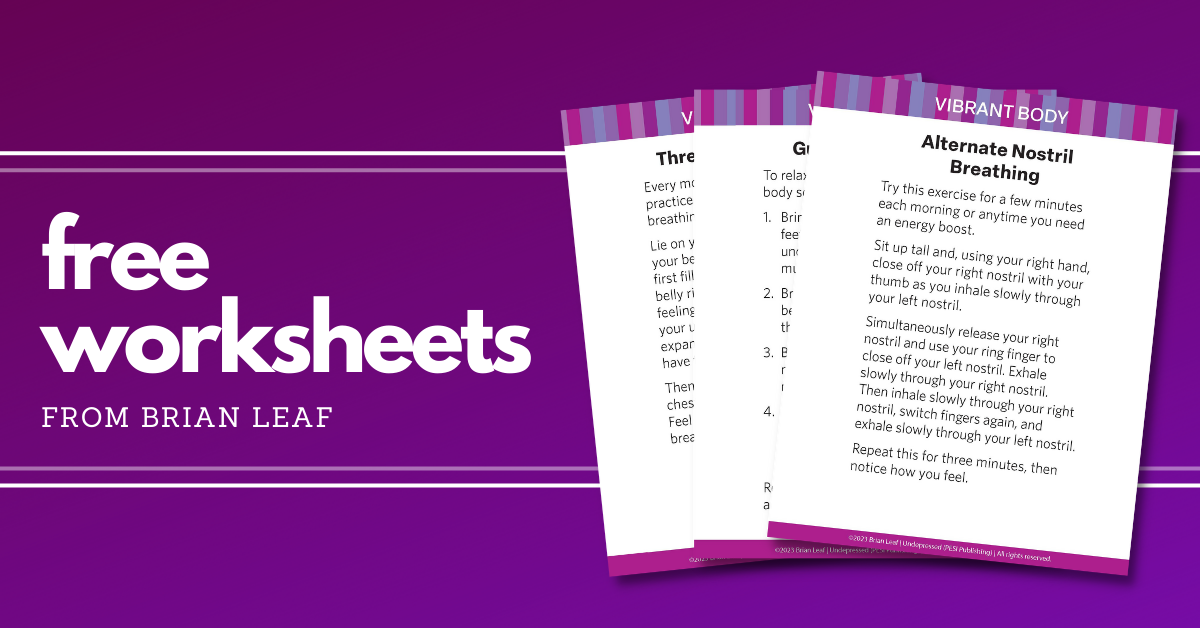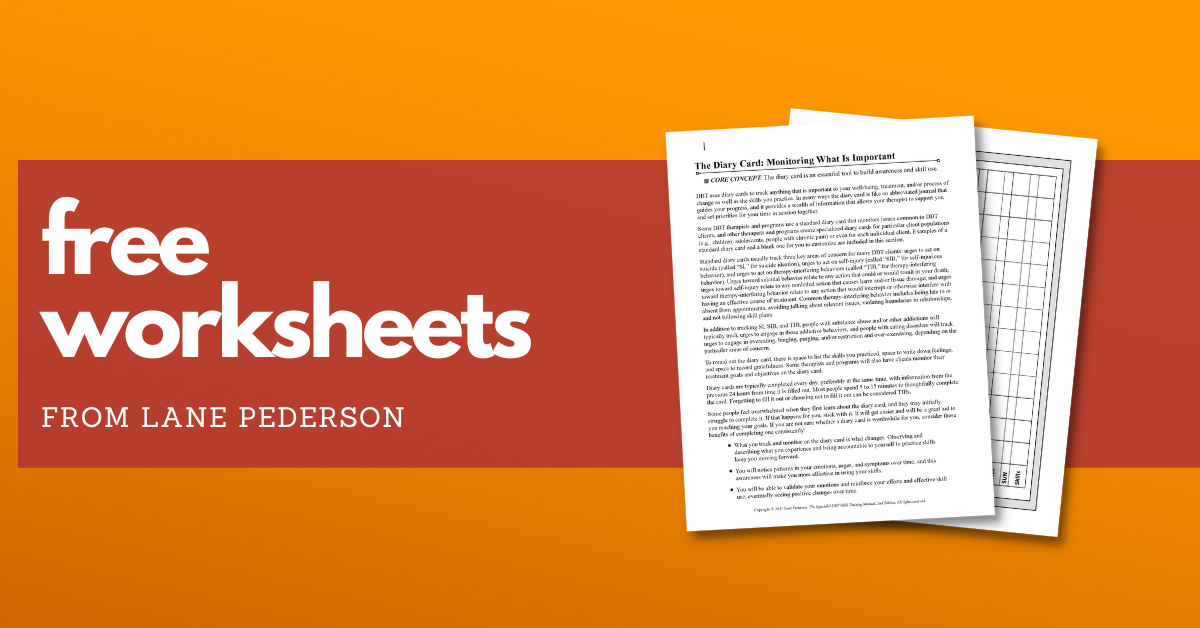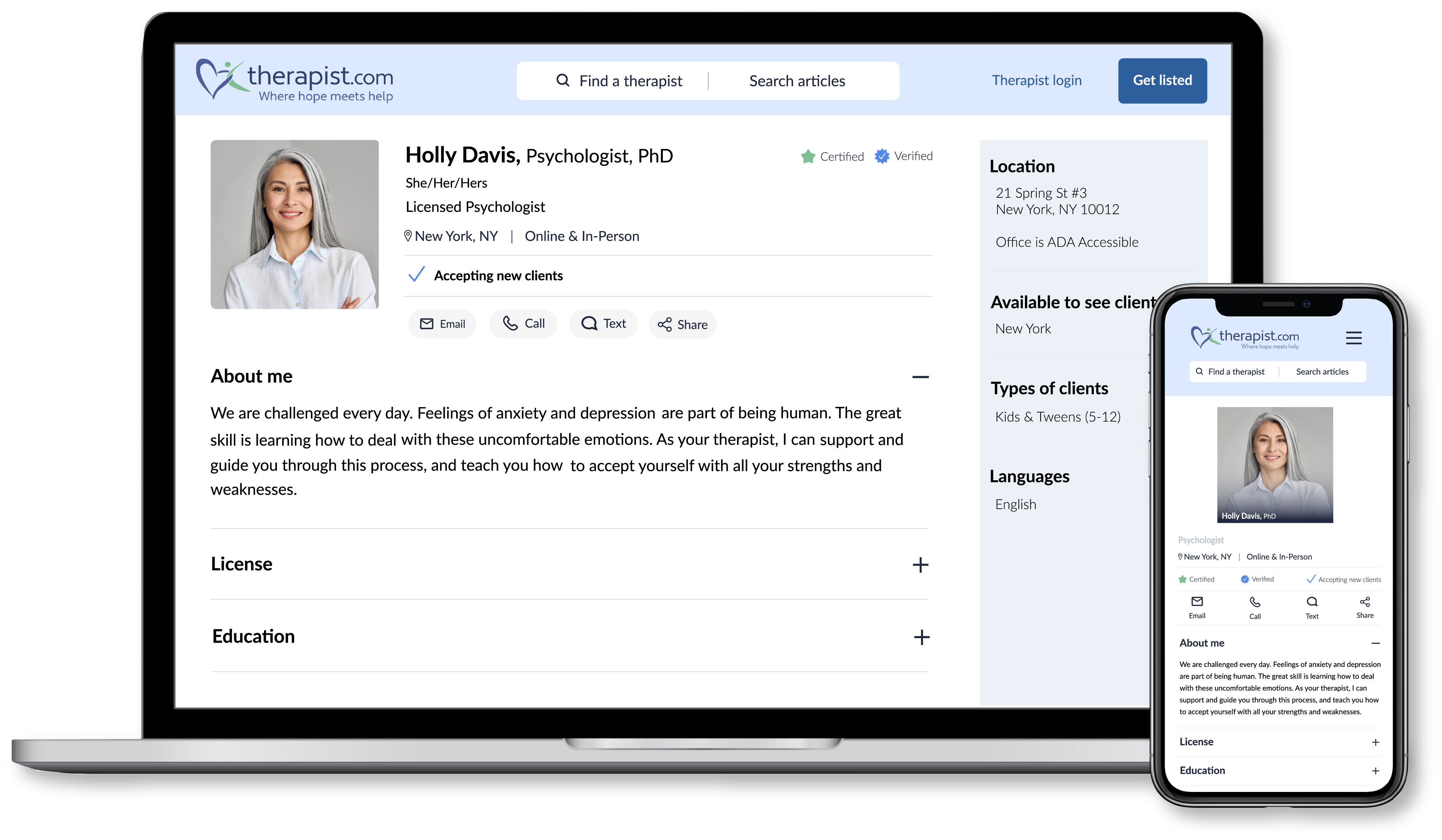Therapy worksheets and toolkits
Free essential resources for mental health professionals
Therapy worksheets can be a useful tool for therapists looking to help their clients process and work through various emotions. These resources offer a structured way for clients to identify and articulate their feelings, which can be particularly helpful for those who struggle with communication or self-awareness. Whether it’s a worksheet that prompts clients to explore their inner critic or one that encourages them to practice gratitude, these tools can be a valuable addition to any therapist’s toolkit.
Treating adult children of narcissists worksheets
Family of origin levels of awareness assessment
When working with narcissistic families, there are many ways to encourage exploration and curiosity at whatever stage of awareness the client is in. You can explore the family structure and norms without labeling anyone as narcissistic or calling out problem behaviors. In these worksheets, you will find some sample questions you might use to get to know a client’s family background, along with examples of how adult children of narcissists at different levels of awareness might answer each one.
Trauma-informed worksheets
Experiential letter writing
Experiential letter writing is a very contained form of role play that incorporates all of the role-based theory of psychodrama but doesn’t require the kind of training psychodrama needs. Use these worksheets with your clients to allow them to fully say what they need to say, as the letters are never meant to be sent.
DBT worksheets
Mindfulness exercises
These mindfulness exercises will strengthen your ability to practice mindfulness and happen to be quite enjoyable too.
Self-care worksheets
Breathing and relaxation exercises
These self-care practices help you renew your energy and meet the needs of your physical body.
DBT worksheets
The diary card
Use these DBT diary cards to track anything that is important to your client’s well-being, treatment, and/or process of change as well as the skills they practice. In many ways the diary card is like an abbreviated journal that guides progress, and it provides a wealth of information that allows the therapist support and set priorities for time in session together.

.png)
.png)



